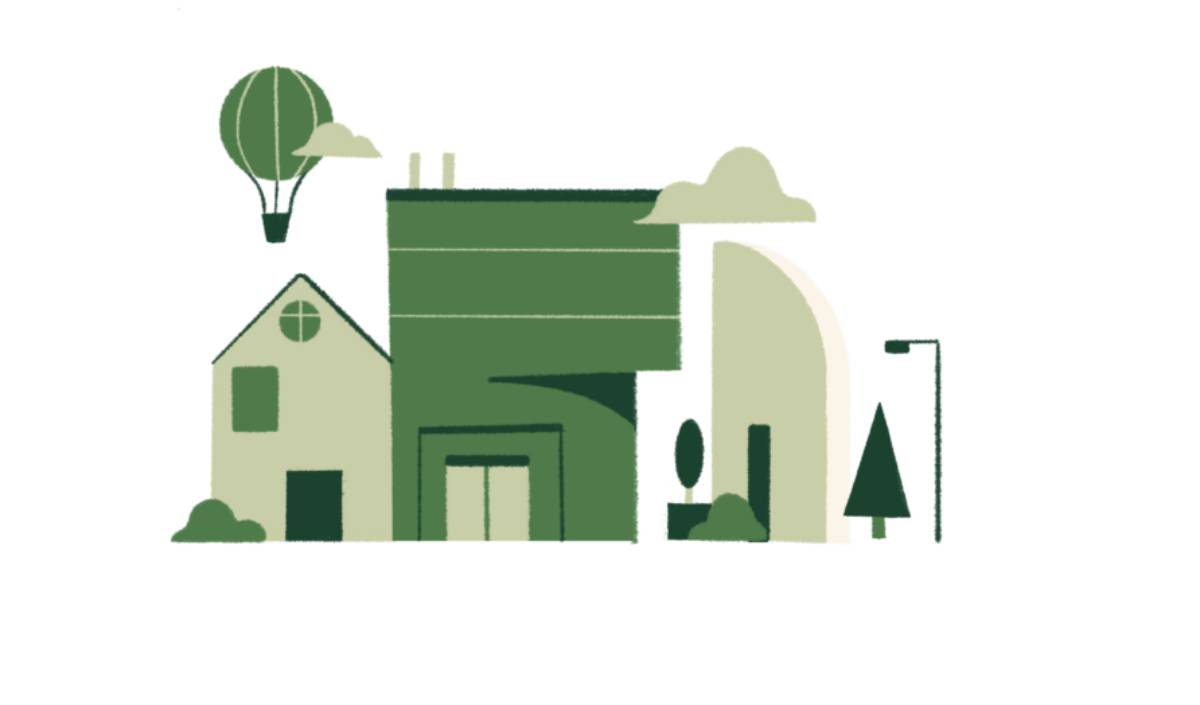

Thinking of buying property in Dubai? You’re not alone if the legal steps feel confusing. Many first-time buyers are surprised by how much detail goes into confirming if a property is legally valid.
You’ve worked hard to get to this point, and you deserve clear answers, not vague promises. As someone familiar with the Dubai real estate process, we are here to guide you through:
- Verifying property ownership
- Understanding title deeds
- Checking government approvals
- Avoiding legal or financial risks
Keep reading to protect your peace of mind and make calm, confident choices.
By the end, you’ll know exactly how to be sure a property in Dubai is valid and ready to be yours.
1. Start With the Title Deed
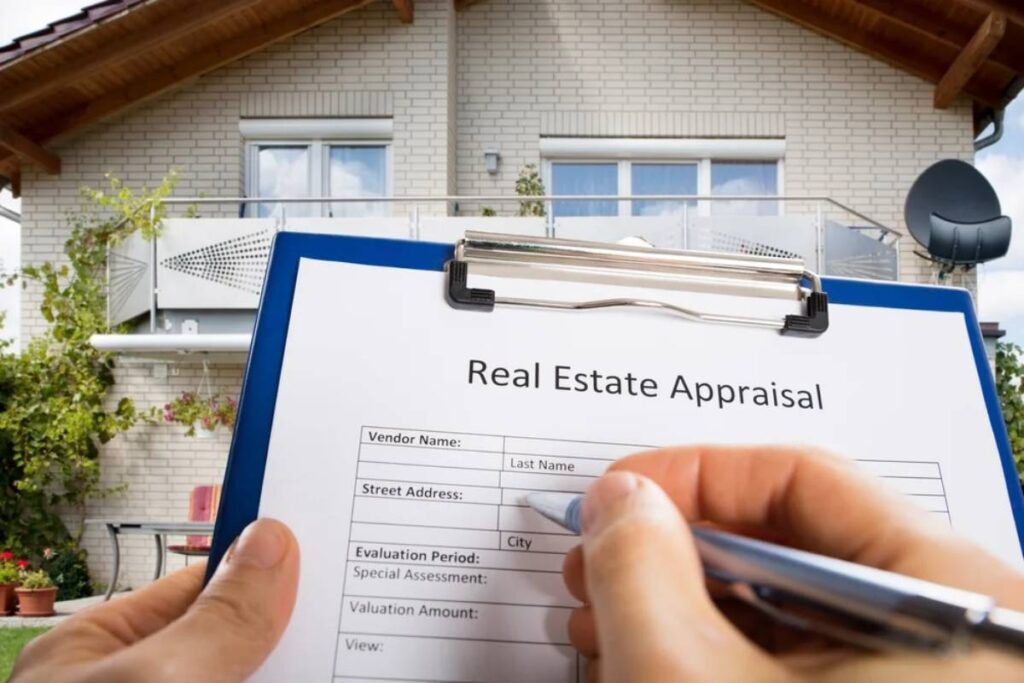
When it comes to confirming ownership, the title deed is your most important document. This legal paper shows:
- Who the true owner is
- What kind of property it is (freehold or leasehold)
- The property’s unique details and location
In Dubai, you can get this verified through the Dubai Land Department (DLD). Always ask for a copy of the title deed, and make sure it matches the seller’s name exactly. If anything seems unclear, stop and get legal advice before going further.
See Also Dubai Real Estate Price Index
2. Use the Dubai REST App
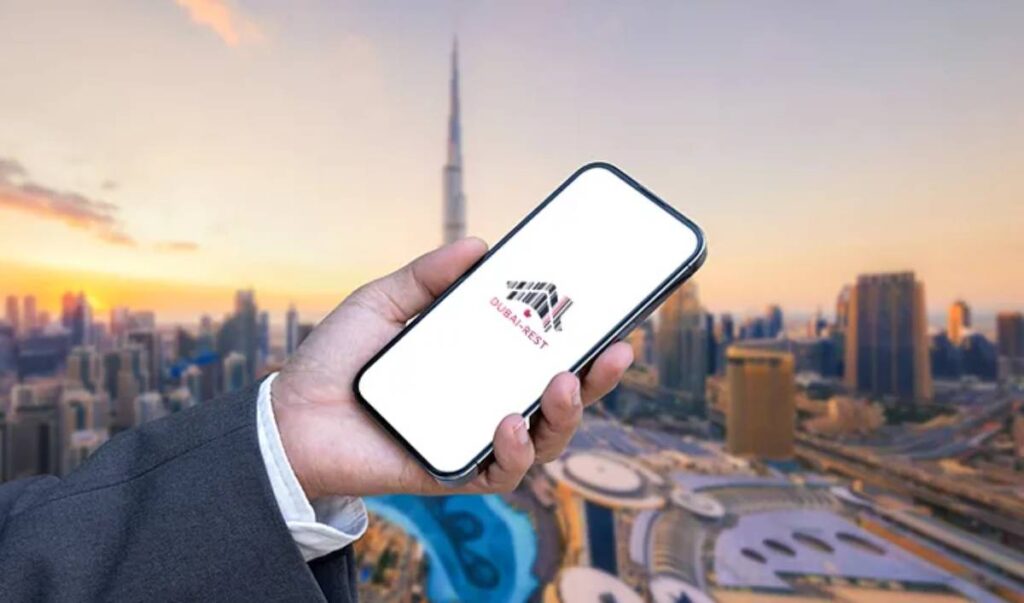
The Dubai REST app (by the DLD) allows buyers to check property information directly through their phones. You can:
- Verify ownership status
- See if the property is involved in any disputes
- Check if it’s registered and approved for sale
This is one of the easiest ways to gain clarity and avoid surprises. If the property doesn’t show up here, be cautious.
3. Ask for a No Objection Certificate (NOC)
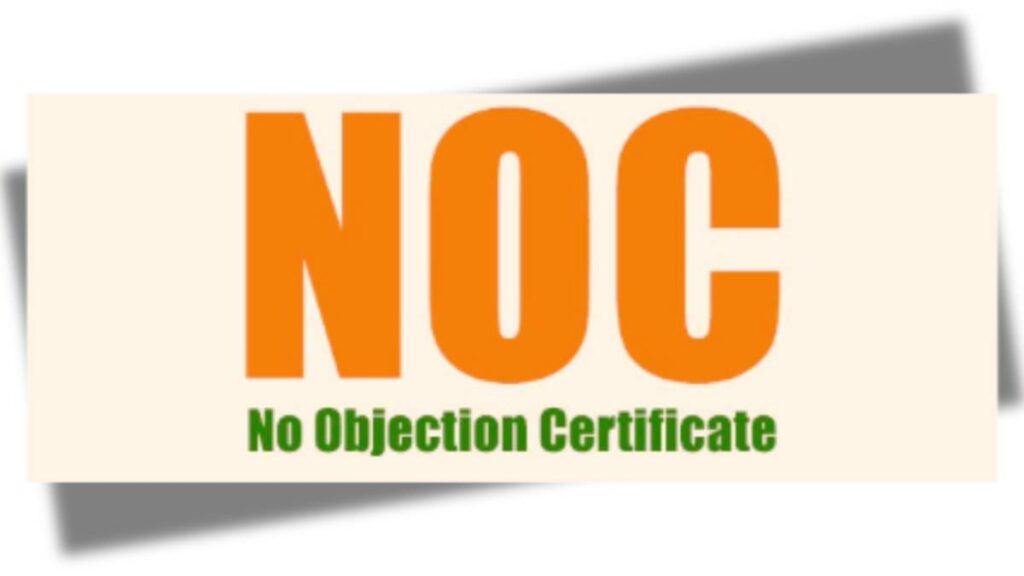
Before transferring ownership, most developers in Dubai require a No Objection Certificate (NOC). This document confirms that:
- The seller has paid all outstanding fees
- The property is free of debt or service charges
- There are no legal blocks on the sale
The NOC fee usually ranges from AED 500 to AED 5,000, depending on the project. Without this, the transfer cannot go forward.
4. Check for Existing Mortgages or Liens

Sometimes a seller still owes money on a mortgage. In this case:
- The bank will need to be part of the transaction
- The buyer may have to clear the loan before the sale is complete
- All debts should be settled before the title changes hands
Always ask: Is there any loan or mortgage still active on this property? Your agent or lawyer can check this directly with the DLD.
5. Hire a Trusted Conveyancer or Real Estate Lawyer
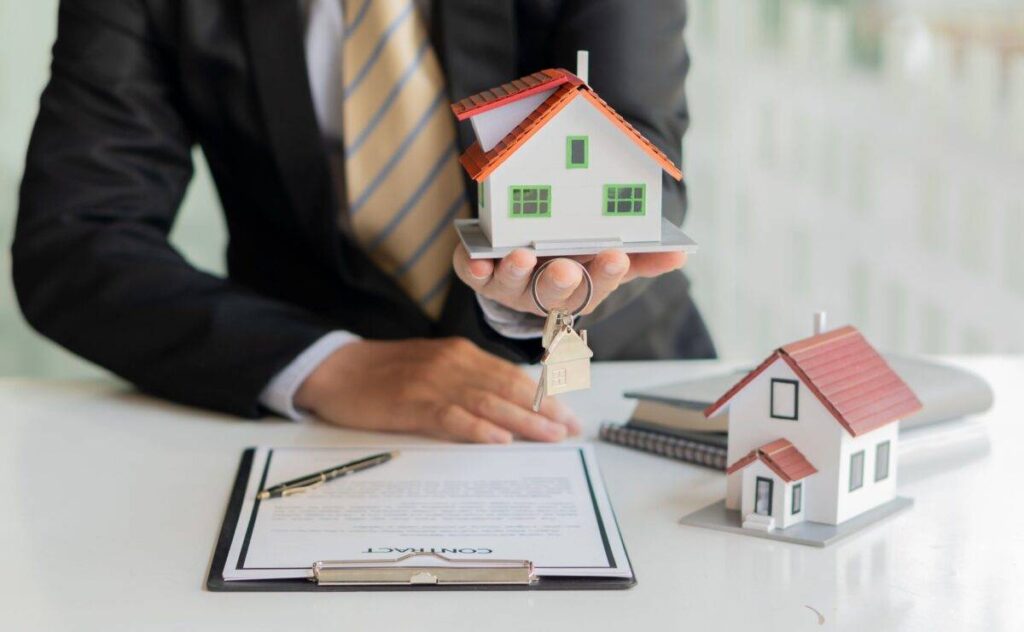
A conveyancer or real estate lawyer will:
- Review the title deed and contracts
- Ensure that all rules and documents are in place
- Help you avoid scams or illegal sales
While this is an extra cost, it gives you legal protection and peace of mind. They’ll guide you from start to finish, especially if you’re buying from abroad.
6. Verify the Developer and Project Approval
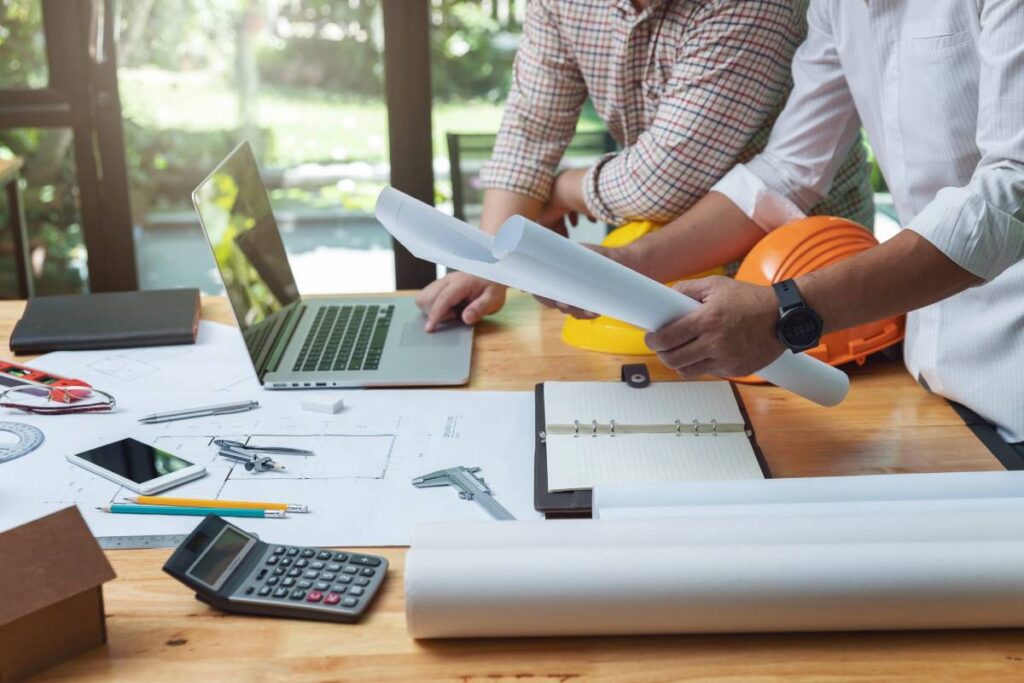
Not all properties in Dubai are approved for sale or construction. Some warning signs:
- The project is not registered with the DLD
- The developer has unresolved legal cases
- The property doesn’t appear in government databases
Ask your agent: Is this property part of an officially approved project? If in doubt, contact RERA (Real Estate Regulatory Agency) for confirmation.
7. Use a RERA-Certified Real Estate Agent
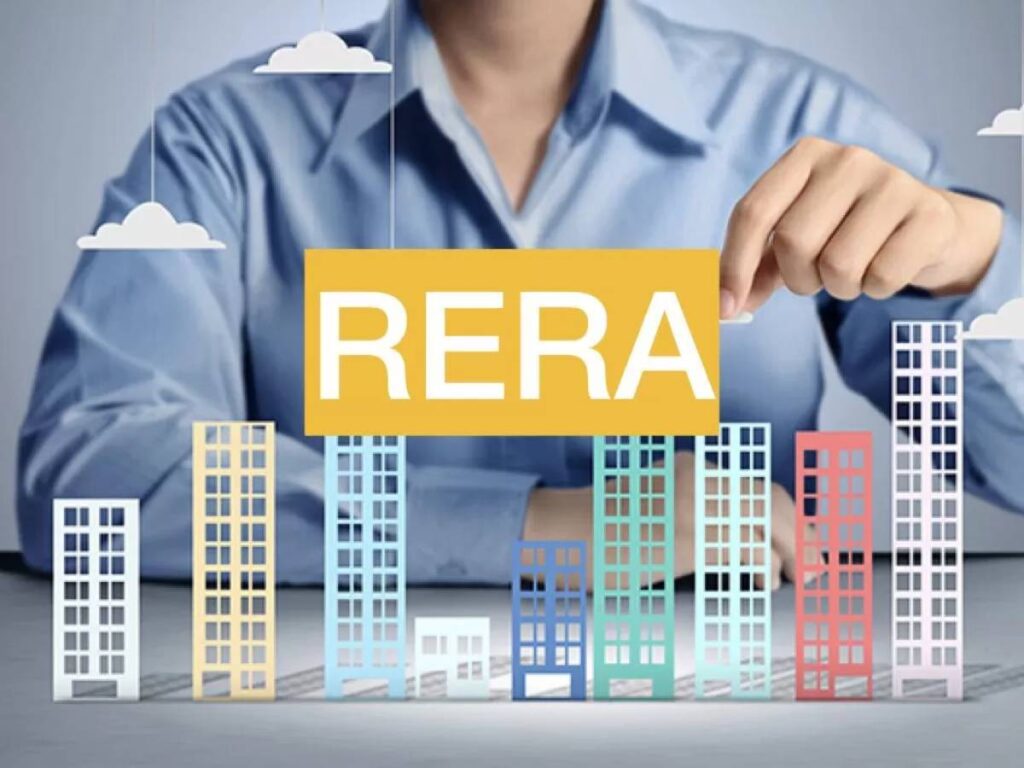
To reduce risks, only deal with RERA-registered agents. They are licensed by Dubai’s real estate authority and follow strict rules.
You can verify an agent’s ID or office through the Dubai Land Department’s website or the Dubai REST app.
See Also What is ROI and How to Calculate It
Key Takeaways: How to Be Sure About the Validity of a Property in Dubai

Buying in the Dubai real estate market can be a rewarding journey, but it’s one that asks for careful steps. From checking the title deed, using the Dubai REST app, and requesting an NOC, to confirming mortgage status and working with a RERA-certified agent — each step brings you closer to safe, clear property ownership. These are not just tasks, but quiet forms of protection that help you feel secure in your investment.
If you’ve found this helpful, you may also enjoy our companion article: Living in Dubai — where we shift from legal checks to the rhythms of daily life in the city. It’s a peaceful, honest look at what it truly means to call Dubai home.
If you have any thoughts or personal experiences, we’d love to hear from you. Feel free to leave a comment below — your insights might help someone else on the same path.
FAQ
1. How can I verify who really owns a property in Dubai?
You can verify ownership by requesting the title deed and cross-checking it with the seller’s name. You can also use the Dubai REST app, which shows ownership details and confirms whether the property is registered and free from disputes.
2. What documents are needed to confirm that a property is legally ready for sale?
Key documents include the title deed, a No Objection Certificate (NOC) from the developer, and proof that there are no active mortgages or legal issues. It’s also important to confirm that the property is part of an approved project and that you’re working with a RERA-certified agent.


